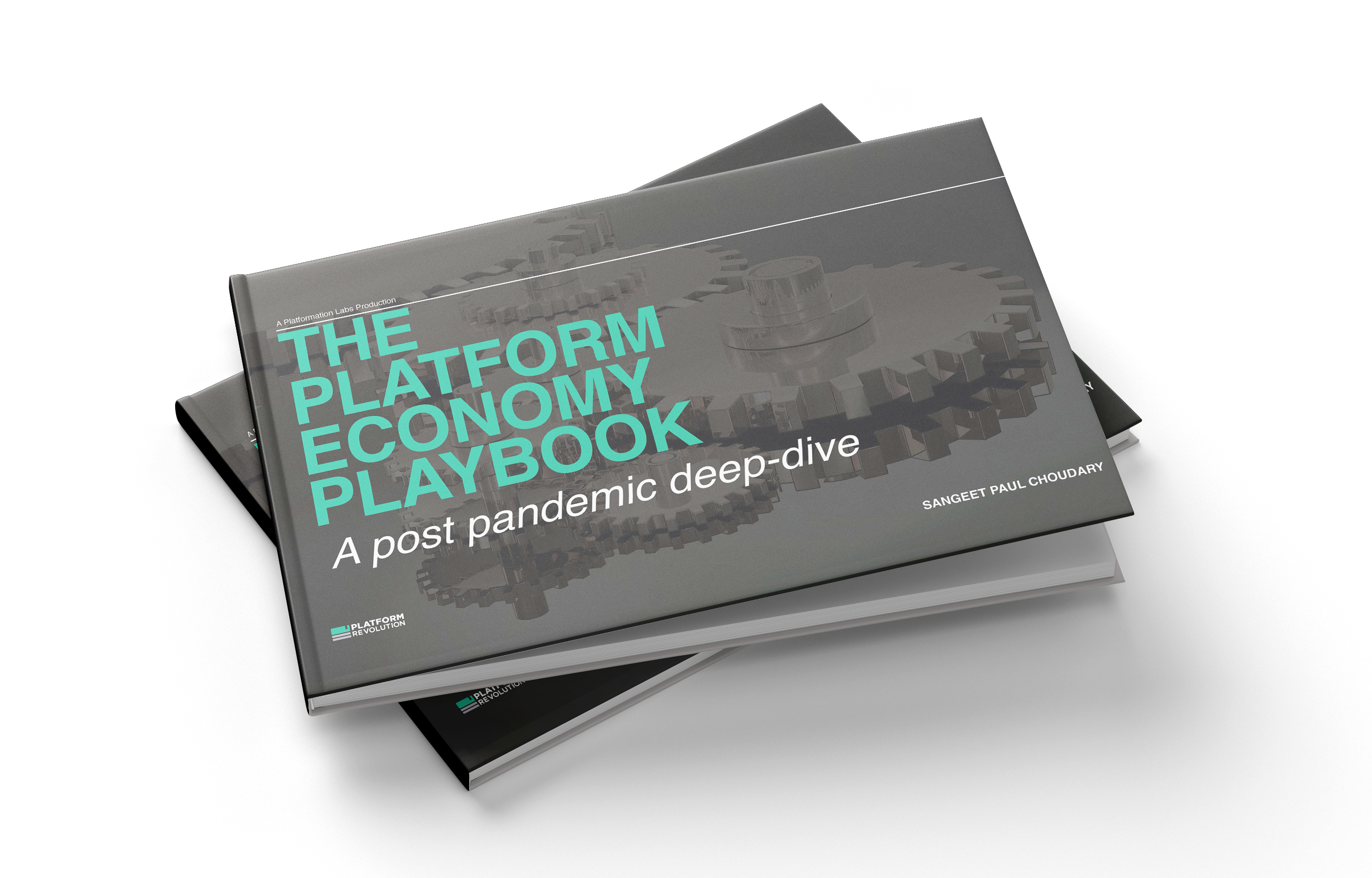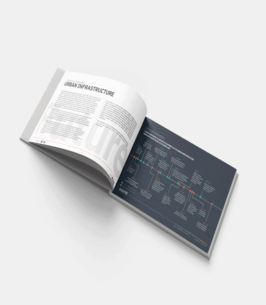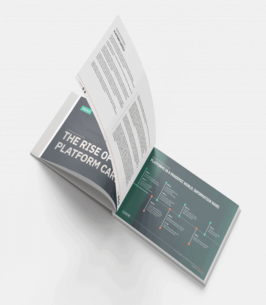Growth
How Quora, Stackoverflow And Yelp create sustainable user contribution systems with a simple hack
Balancing Discovery and Creation
Platforms that are dependent on user-generated content (UGC) constantly face a challenge to be sustainable. A key metric for such platforms is the ratio of producers to consumers. Very often, production of content on such platforms occurs around certain seeds. A few examples of seeds are:
a) A movie listing on Rotten Tomatoes to incentivize creation of reviews around it
b) A question on StackOverflow to incentivize the creation of answers around it
I’m not talking about “metadata” like comments and tags here which form around every form of content. Content consumers do not visit a site specifically for the comments or tags but they do visit for Reviews (RottenTomatoes, TripAdvisor) and Answers (StackOverflow, Quora).
Hence, incentivizing content the creation on such platforms can be heavily tweaked by incentivizing creation of such seeds around which content gets created.
Moving from Discovery to Creation
Most platforms relying on UGC have a very large number of users in discovery mode. Users come there looking for specific information, and the search function serves as a critical first step for navigating such platforms.
One method of incentivizing content production on such platforms is to insert a seed production in the search flow. Let me illustrate:
- Intent: User visits site looking for certain content
- Action: User uses search box to search for the content
- Scenario 1: User finds an exact/reasonable match for what she is looking for and moves to consuming that
- Scenario 2: User does not find an exact match and is prompted to create a seed relevant to the intent
Users on Quora or StackOverflow looking for a question are offered several recommendations of similar questions. If none of the recommendations seem relevant, the user is offered an option to “Add a Question”. This becomes a seed to increase productivity on the platform.
Yelp is another example of a platform that does this very well. Yelp’s ultimate goal is to create the most comprehensive database of local listings and search is, again, the default mode in which users use the service. When a user searches for a particular listing and doesn’t find it, Yelp prompts her to “Add a Listing”.
Platforms that are dependent on user-generated content (UGC) constantly face a challenge to be sustainable.
Feel Free to Share
Download
Download Our Insights Pack!
- Get more insights into how companies apply platform strategies
- Get early access to implementation criteria
- Get the latest on macro trends and practical frameworks
There are several advantages to this model:
1. It increases the sustainability of the platform: In the case of StackOverflow, this simple tweak helps the platform grow without the need to constantly seed questions. Essentially, the platform now scales at the rate of curiosity rather than at the rate of initiative.
2. It keeps the service fresh and updated: In the case of a listings-oriented site like Yelp, this keeps the database fresh and updated. This is important when you factor in the fact that such listing databases are created during one intensive effort that covers all existing local businesses, an effort that cannot be replicated on an ongoing basis for discovering new businesses that have started. New businesses are often added by the community.
3. Merging discovery and creation prevents the creation of duplicates: This is the single most important factor that makes today’s Q&A platforms so much more navigable than the forums of old. While forums often had the same question asked a hundred times with nearly zero automated intelligence for identifying duplicates, today’s Q&A communities often have a very low overlap between questions. This makes the overall navigation on the platform a lot more user-friendly.
4. Increases returning usage: Search experiences that don’t find an answer for you and have little more than “Sorry, we’re trying our best” are unlikely to get repeat usage. Search experiences that allow you to add a question and subscribe you to future activity around the question convert a potentially disappointed user to a returning user. This, in itself, is one of the biggest impacts of this tweak.
5. Increases content creation and the likelihood that every subsequent user is more likely to find what she’s looking for: The more the seeds on the platform, the more is the content created. Also, every time a new seed and affiliated content are added, the probability that a subsequent searcher will return satisfied increases.
Factors that make this work
1. A killer discovery algorithm: This is the first and most critical requirement. The discovery algorithm often needs to find matches in semantic data. In addition to eliminating false positive (a basic requirement for all search engines), it should also prevent true negatives as that would result in the creation of duplicates.
2. Easy seed creation: It’s important to note that the user is not in creation mode but is looking for information. Hence, the seed creation process should be incredibly simple to incentivize creation by such users. Yelp accepts listing with a bare minimum number of fields that help it flesh out the rest of the listing. Quora, typically, merely asks the user to enter the search query as a question with an initial category tagged to it.
It’s a small feature but here’s the interesting thing about platforms: Small and unrecognizable features like these create positive feedback loops that increase user engagement. Every time a new seed is created, it incentivizes other users to create content around it and ensures that subsequent searchers are more likely to find what they are looking for. A simple tweak that goes a long way in making the platform self-sustainable.
Can you insert the seed creation process in your discovery workflow? Are there other platforms that do this particularly well? Let’s discuss in the comments.
If you liked reading this post, you might want to get a free digital copy of the forthcoming book PLATFORMED.
State of the Platform Revolution
The State of the Platform Revolution report covers the key themes in the platform economy in the aftermath of the Covid-19 pandemic.
This annual report, based on Sangeet’s international best-selling book Platform Revolution, highlights the key themes shaping the future of value creation and power structures in the platform economy.
Themes covered in this report have been presented at multiple Fortune 500 board meetings, C-level conclaves, international summits, and policy roundtables.
Subscribe to Our Newsletter












